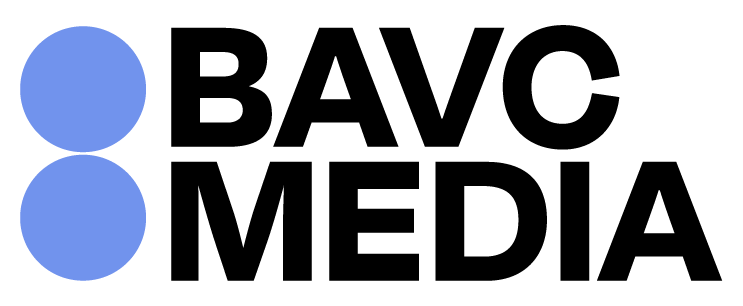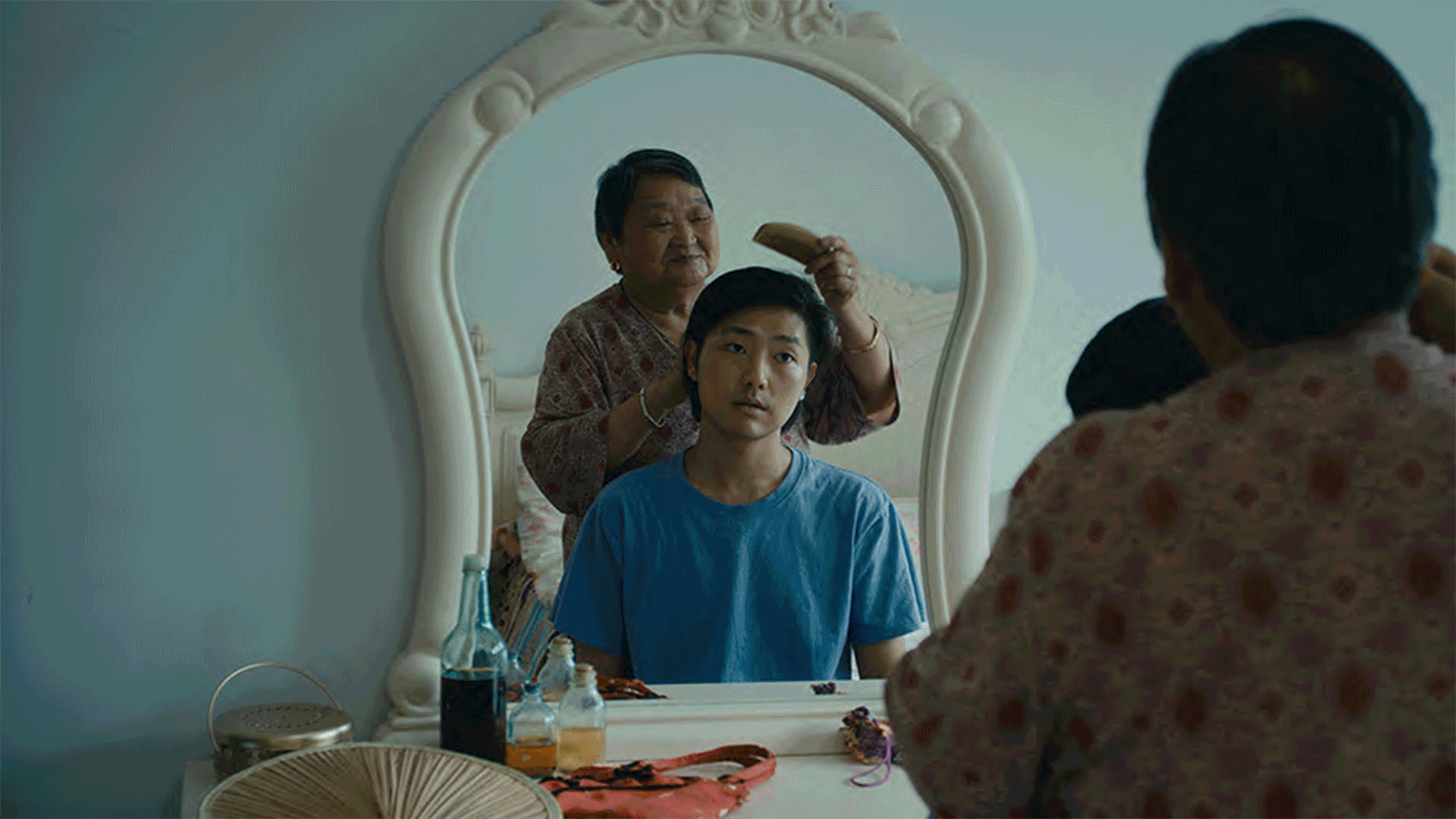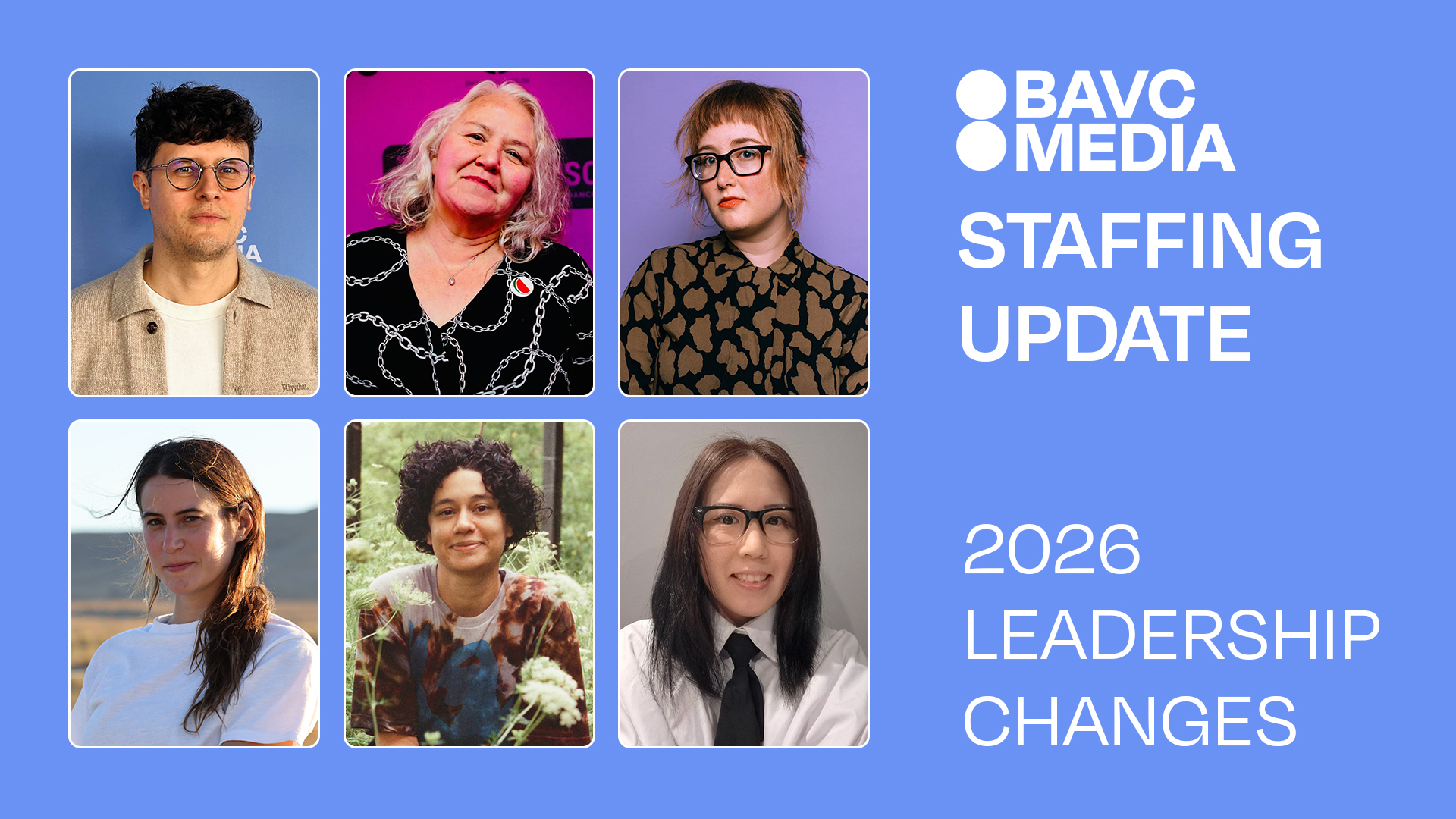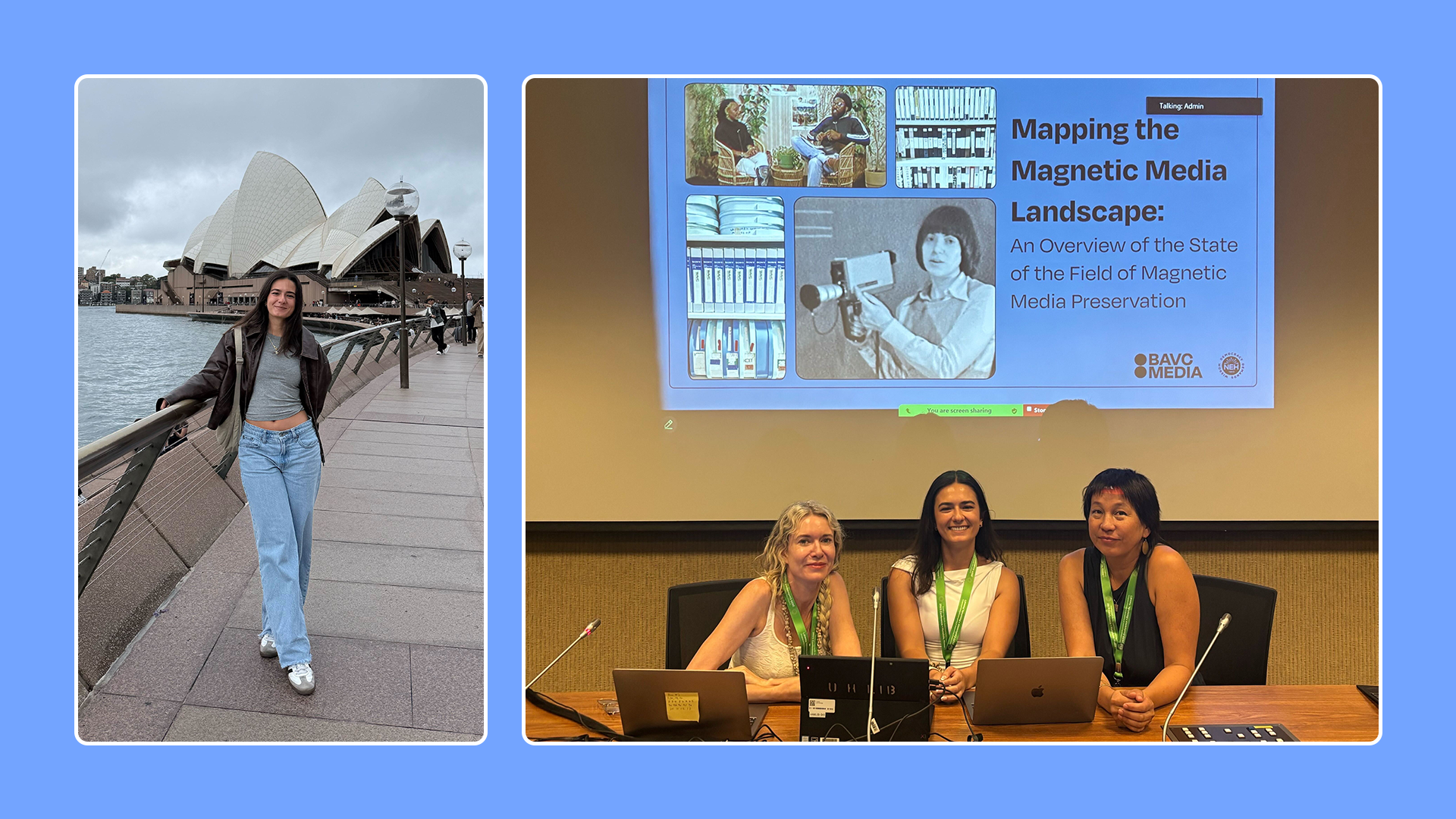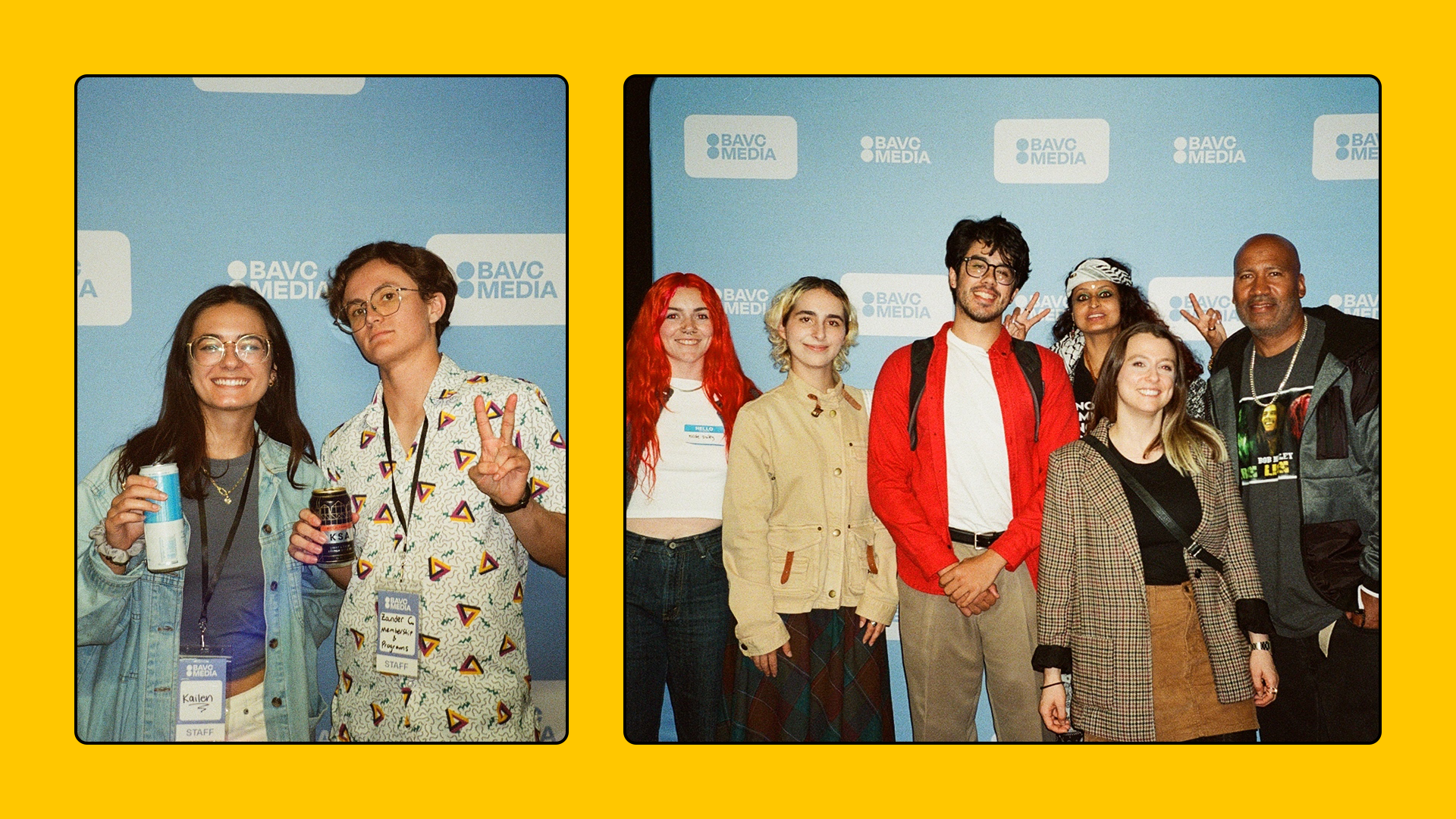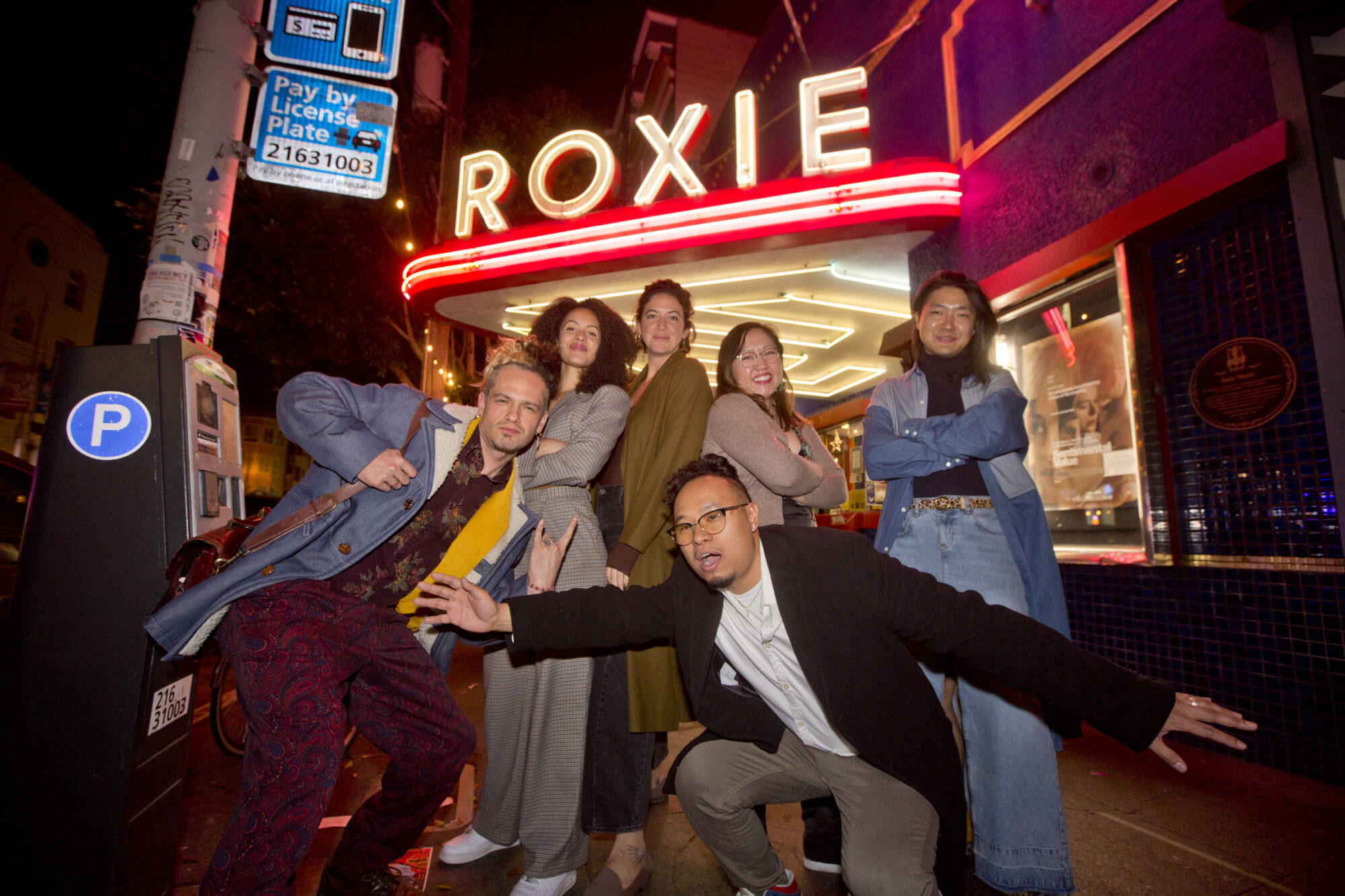The imperfect storm
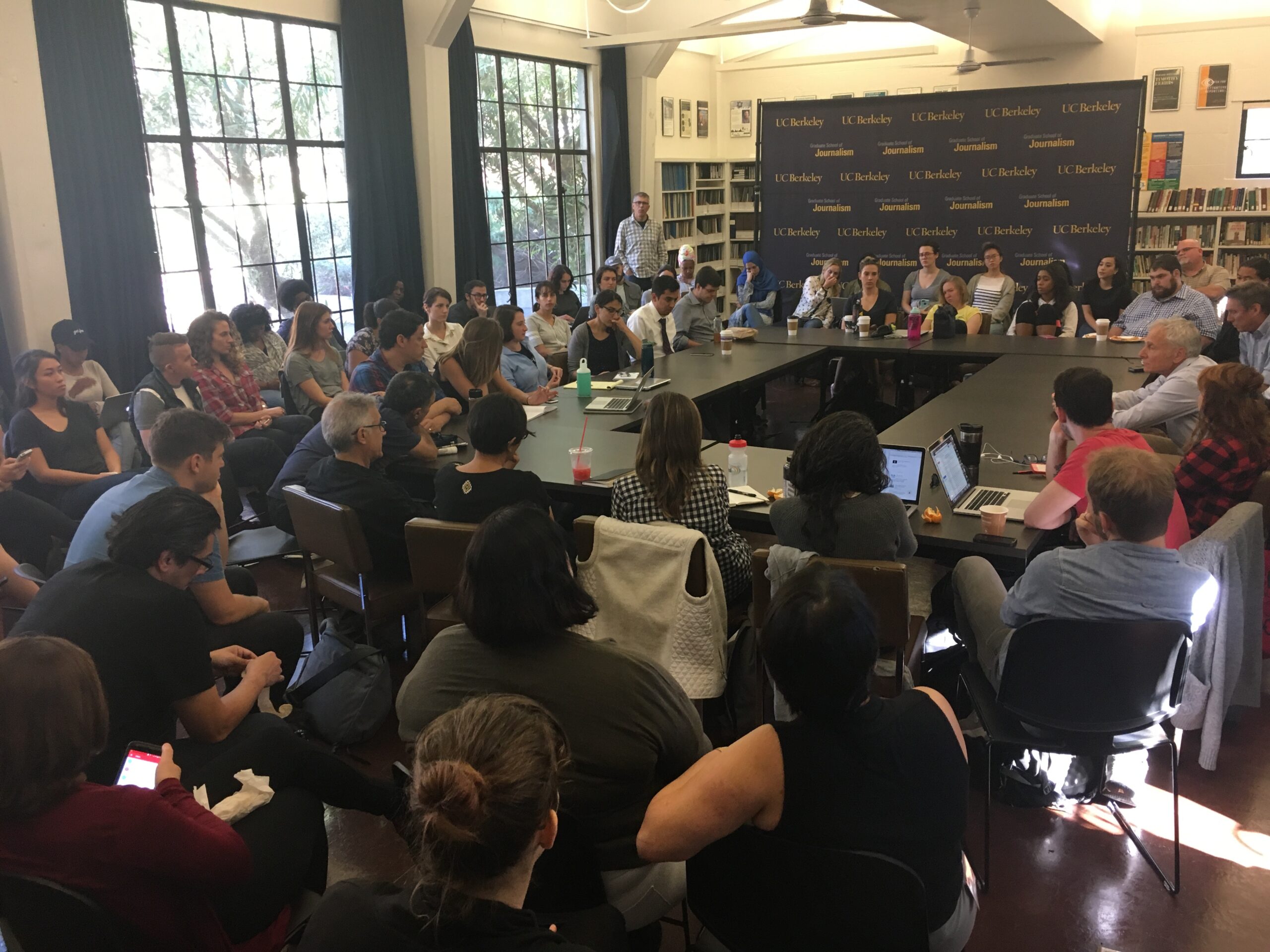
The day after the election, students at U.C. Berkeley’s Graduate School of Journalism requested a debrief with their fellow students and faculty. As an alum, I asked to attend. The students expressed shock, fear, outrage, and concern about their chosen profession. Where had journalism gone wrong, and where should they go from here? Does it matter either way? My professional colleagues, many of them veterans, are asking the same questions.
There is no doubt that in its quest for survival and relevance, legacy media fell prey to the president elect’s manipulations of the press, and helped catapult him to his current position. And in the halls of their ivory towers, where budget cuts keep journalists tethered to their desks, relying on the phone at best and email at worst, they mostly missed the story: that of the electorate and the decades-long, bipartisan march to this very moment.
I do not believe that the majority of voters who elected an openly inexperienced, misogynistic, and racist, not to mention bombastic, individual, did so because they necessarily subscribe to the views he espouses. I do believe that their vote was the result of an imperfect storm, in which they have been on the front lines.
They have carried the biggest burden of inequality, job hemorrhaging, stagnation, the economic meltdown of 2008, and even climate change. And with few noteworthy exceptions, we did not tell their story. In many cases, we did not even know it. The reasons for this are nearly as dark as the election itself: it’s because newsrooms do not adequately reflect the diversity of our country. It’s because, true to form, medias’ powerbrokers remain mostly white men clinging to the narratives that keep them in their positions.
Now is the time to tell the stories that are most relevant to the populace, which will only happen when we open the gates to diverse storytellers. I can’t say whether it’s too late, whether it will make a difference, or whether anyone will care. It’s not my job to ask those questions. It is my job, as a filmmaker and a journalist, to inform the public, to provide a podium for the powerless, and to hold the powerful accountable for their actions. And that means trying to understand the plight and perspectives of people who do not agree with me, who do not look like me, and who do not believe what I believe, simply because we have the common goal of safe, secure, and meaningful lives. For the editors who are reading this, that means hiring those people too. And the irony is that the world’s most powerful social network, Facebook, will not help these efforts.
Social media is good for many things: for staying connected to those you love, for communing with people you respect, for sharing information with those who primarily hold your values, for political organizing, and for indicating you are safe during a major disaster. In short, it’s good for being social. As a purveyor of news, it is an utter failure.
Carrie Lozano
Independent filmmaker and journalist
—
Carrie Lozano is an independent filmmaker and journalist. She was formerly a senior producer at the award-winning series Fault Lines. Her current film is The Ballad of Fred Hersch. She facilitates BAVC Media’s National MediaMaker Fellowship.
